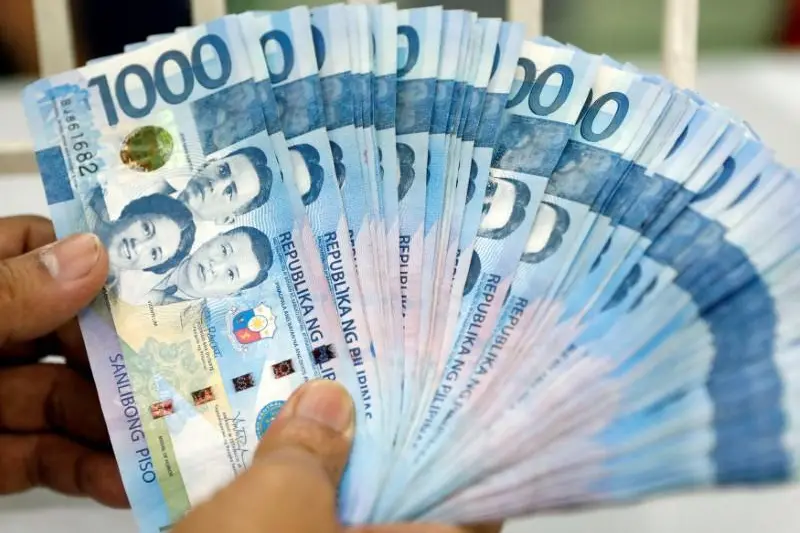PHOTO
The government's budget balance settled into deficit territory again but proved lower in 2022, as revenues scored the benefits of a reopened domestic economy.
However, concerns loomed as a limited fiscal space continued to narrow spending on sorely needed socioeconomic programs.
Data released by the Bureau of the Treasury on Wednesday showed that the budget deficit was trimmed by 3.35% year-on-year to P1.6 trillion in 2022 as revenues outpaced government spending. This was a better outturn compared to the P1.7 trillion budget gap recorded in 2021.
The deficit means the government continued to spend beyond its means, as authorities try to meet the country's needs while revenues from tax and non-tax collections recover from a pandemic-induced slump in economic activity. To bridge the budget gap, the government would have to borrow money from creditors.
The budget gap was equivalent to 7.33% of the gross domestic product, lower than 8.6% in 2021 but higher than the government's target of 6.9%.
Broken down, public revenues gleaned from tax collection and levies soared 17.97% year-on-year in 2022 to P3.5 trillion. The bulk of revenues came from taxes, which exceeded the government's target by expanding 17.41% yearly to close at P3.2 trillion.
Customs collections improved 34% on a yearly basis to end up with a haul of P862.4 billion in 2022, exceeding the figures in the preceding year.
On the expenditures side, public disbursements rose 10.35% on-year to P5.2 trillion. The Marcos Jr. administration attributed the improvement to higher tax allotment shares of local government units in the wake of the Mandanas ruling implementation.
The Treasury noted that actual government disbursements were higher than expected, considering it was slightly higher than the P5 trillion target in 2022. The Marcos Jr. administration is dealing with limited fiscal space as the previous Duterte government went on a borrowing spree to fund its pandemic response.
Nicholas Antonio Mapa, senior economist at ING Bank in Manila, expected the budget shortfall to retreat in 2022.
'Better fiscal numbers reflect the improvement of revenue streams as economic growth improves. We can see a sustained improvement in the fiscal space which could only be threatened by headwinds that would slow growth momentum,' he said in a Viber message.
Despite this, a limited fiscal space would entail difficult decisions on where the government should spend taxpayers' money. The Philippine economy, despite rosy growth figures in 2022, was put on the ropes by quickening inflation partly fueled by its reopening efforts.
The rising inflation trend weakened the public's purchasing power and threatened the economy's recovery efforts. Spending priorities now lie on easing the burdens of expensive commodity prices and towards fueling growth within the rest of President Ferdinand Marcos Jr.'s stay in power.
'Tight fiscal space (elevated debt) means that authorities will need to ease up on spending and thus pump priming will not likely be counted on this year,' Mapa added.
Copyright © 2022 PhilSTAR Daily, Inc Provided by SyndiGate Media Inc. (Syndigate.info).





















